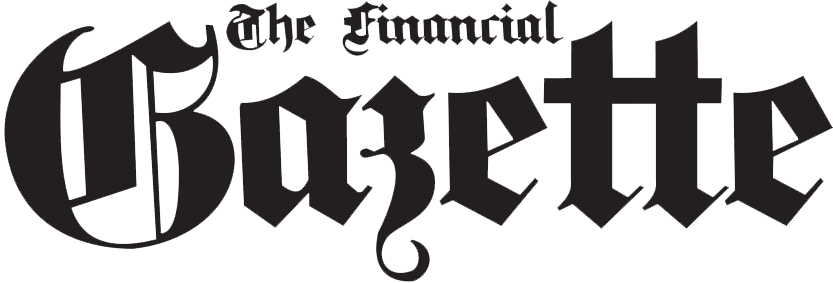571
THE Covid-19 has by far become a significant disruption catalyst in terms of how business is being conducted and how it will evolve into the future. Of course, understanding the disruption better will definitely go a long way in terms of managing it. The impact of the outbreak of Covid-19 has led to social distancing…

